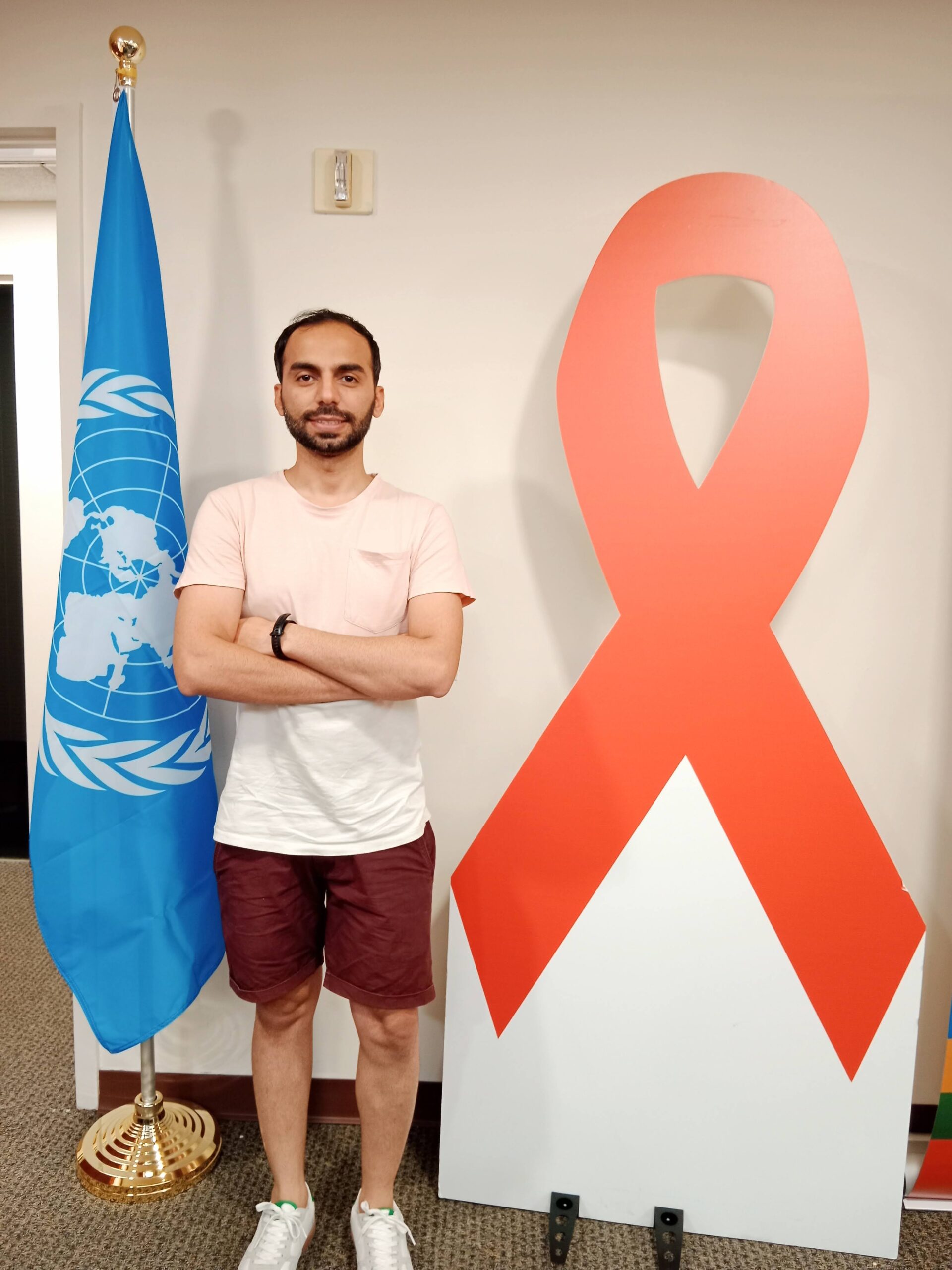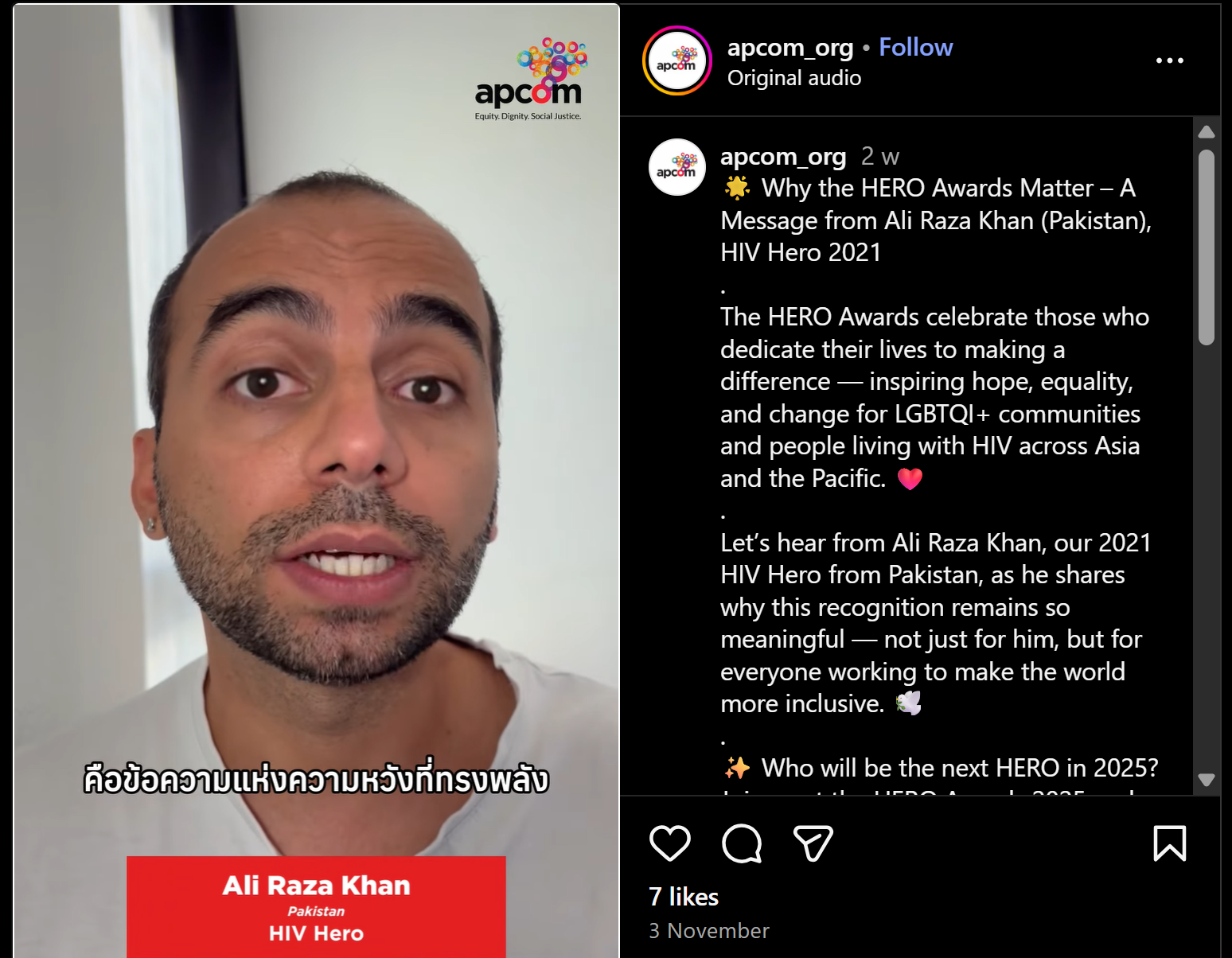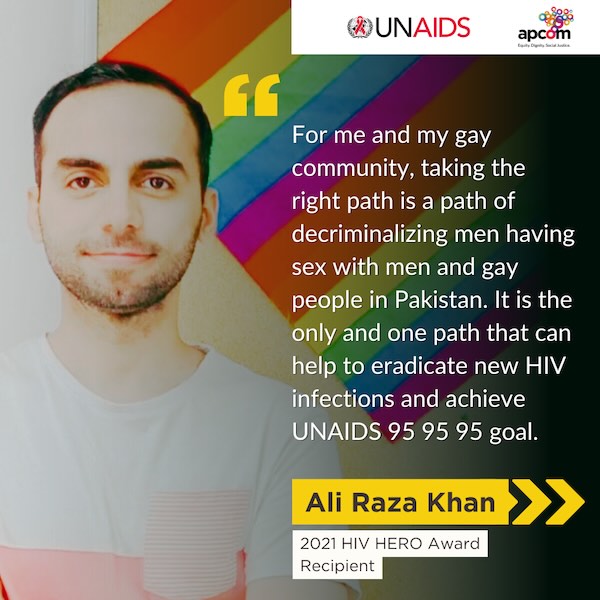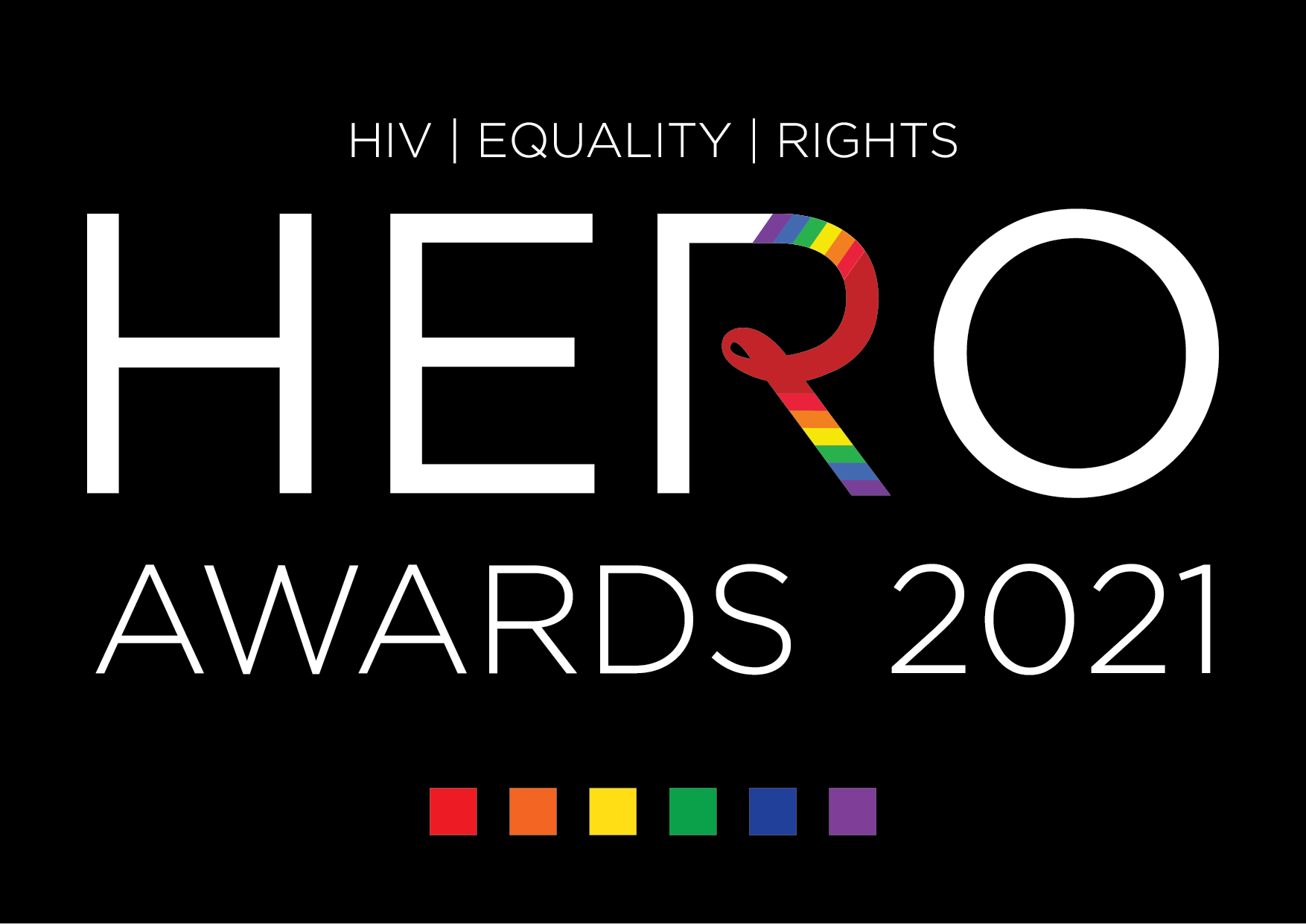Tag: APCOM Asia Pacific Men Having Sex with Men
-

Speaker Ali Raza Khan: From Ruin to Resilience: Harnessing Community Strength in the Face of Natural Disasters
Munich, Germany – The AIDS 2024 conference will feature a pivotal session titled “From Ruin to Resilience: Harnessing Community Strength in the Face of Natural Disasters,” highlighting the critical intersection of climate change and public health. This scientific symposium, accredited for Continuing Medical Education (CME), will take place on July 25, 2024, from 15:00 to…



